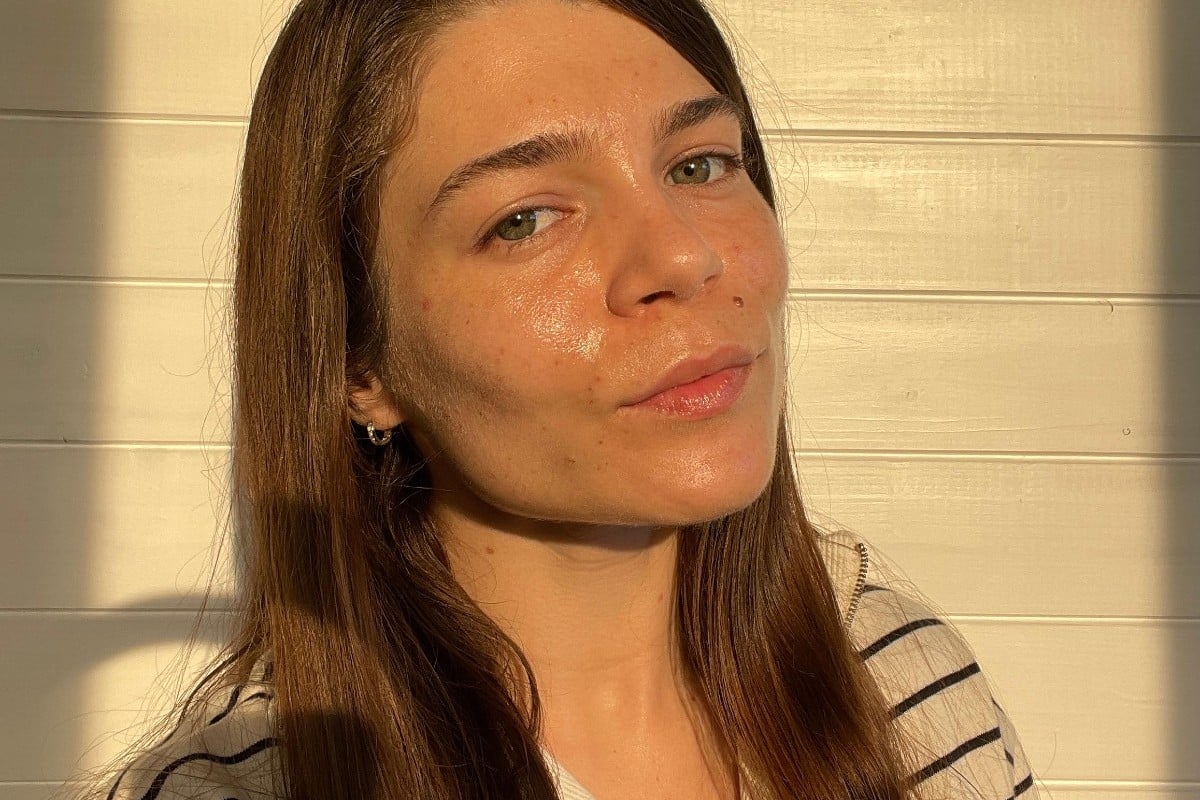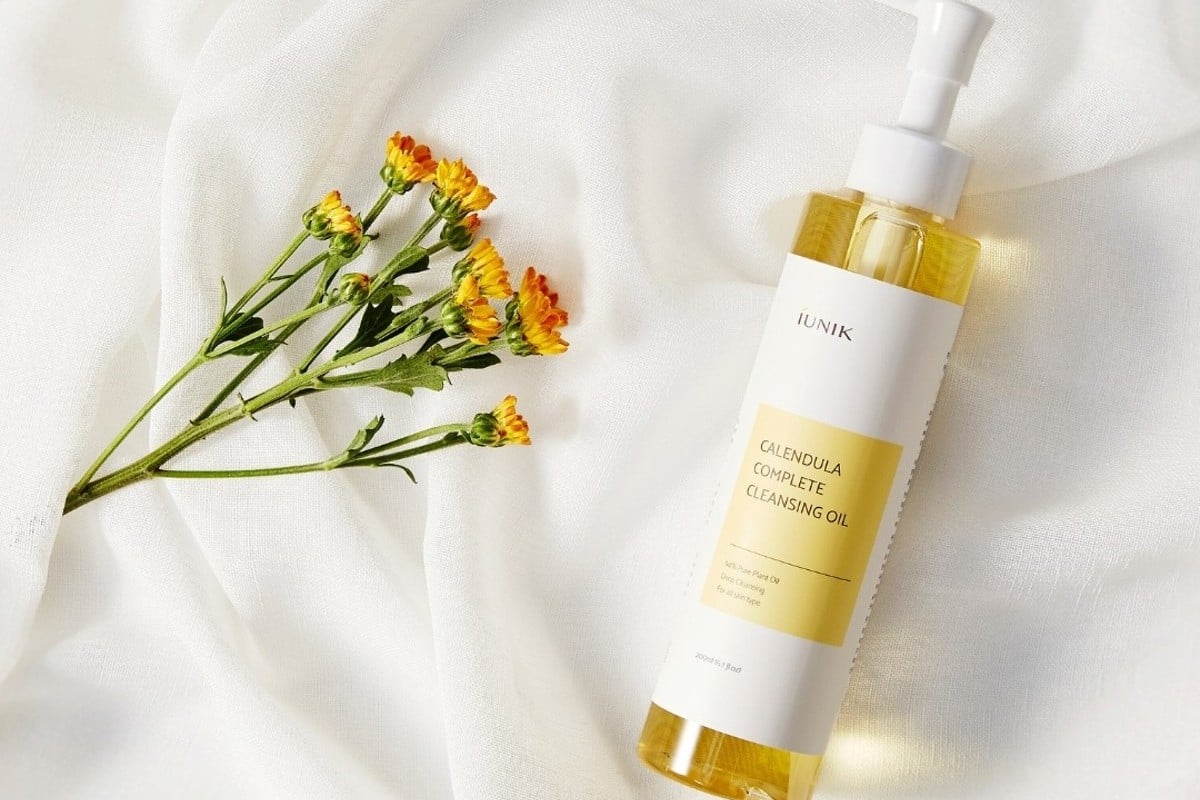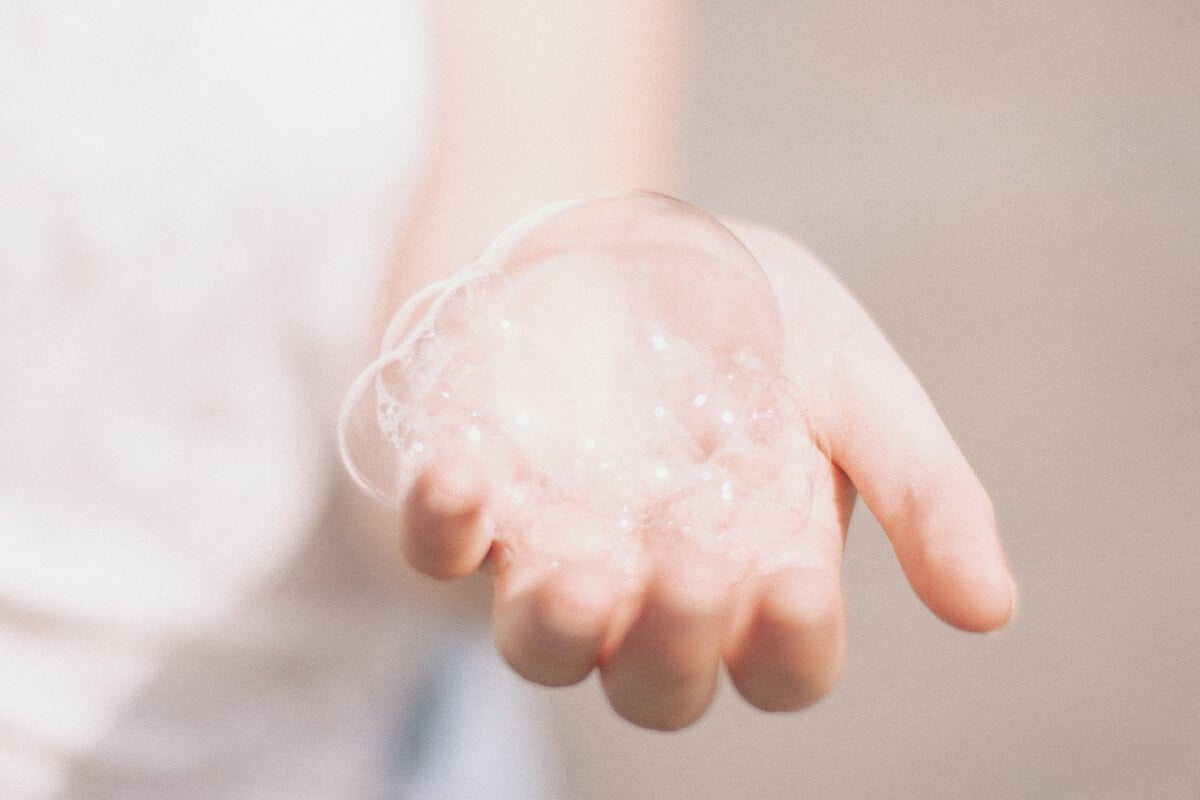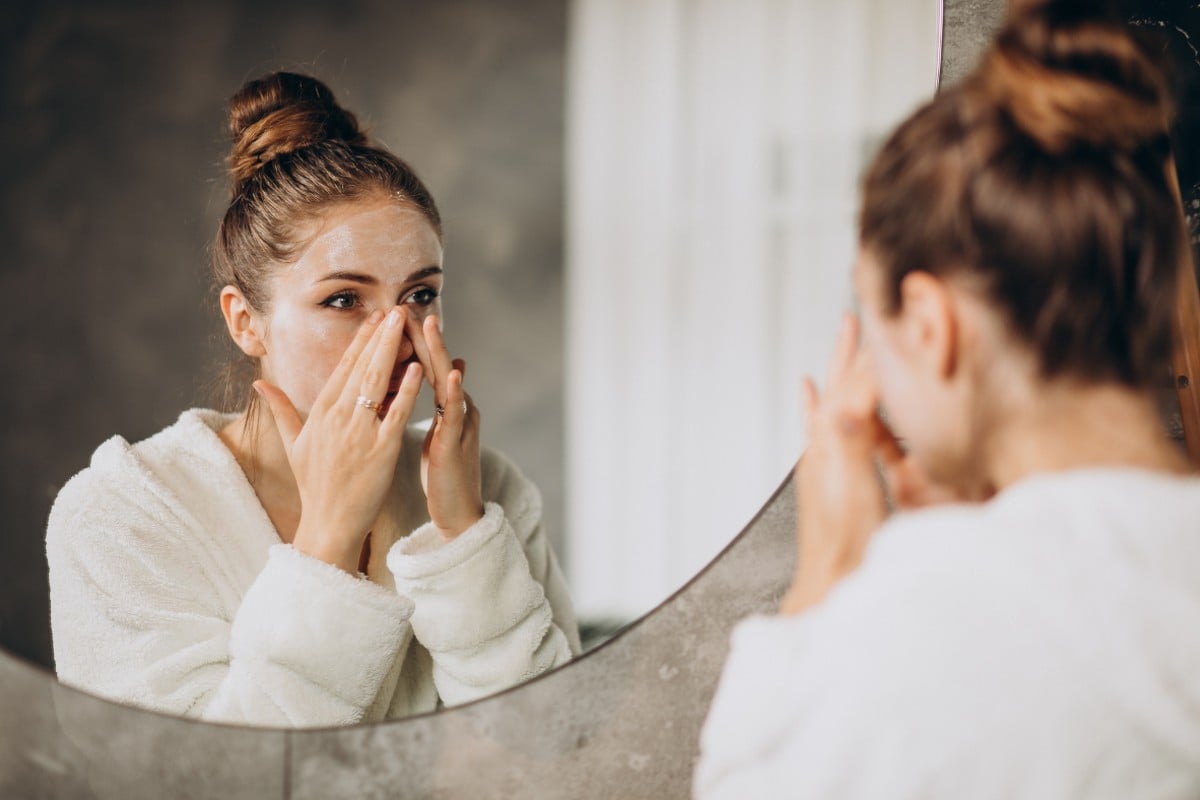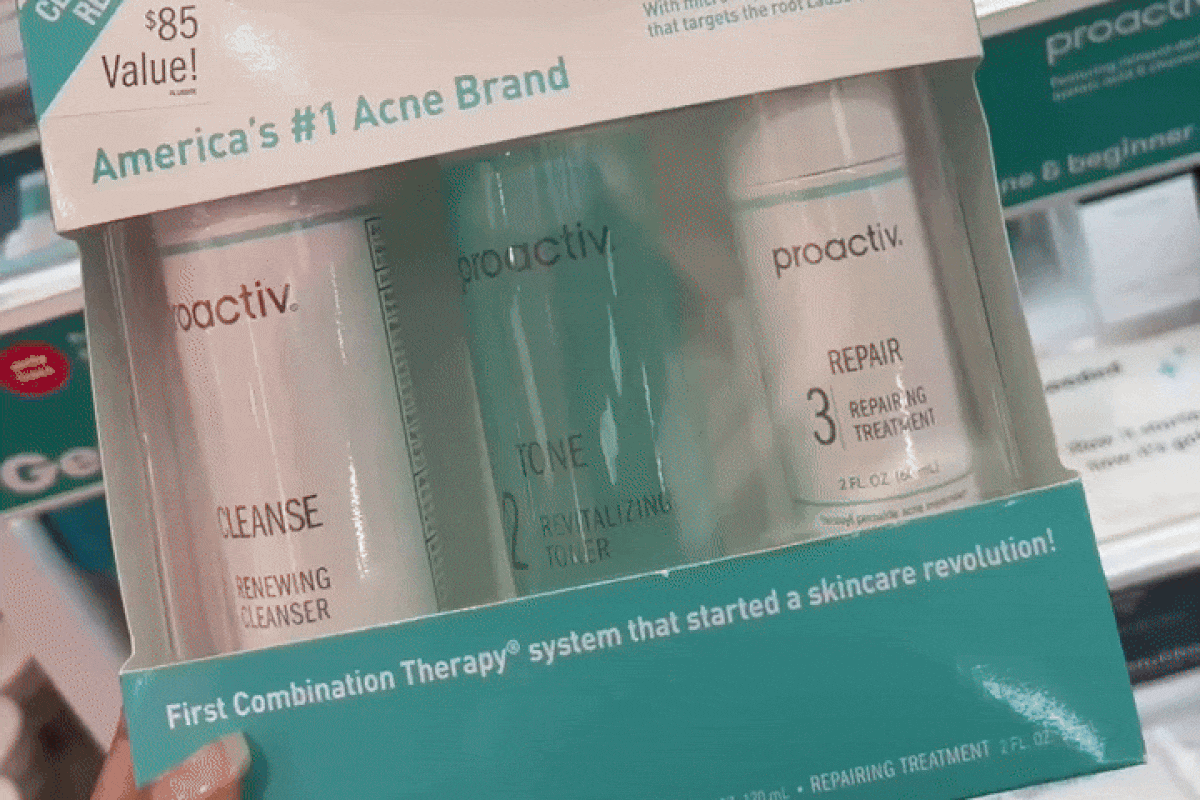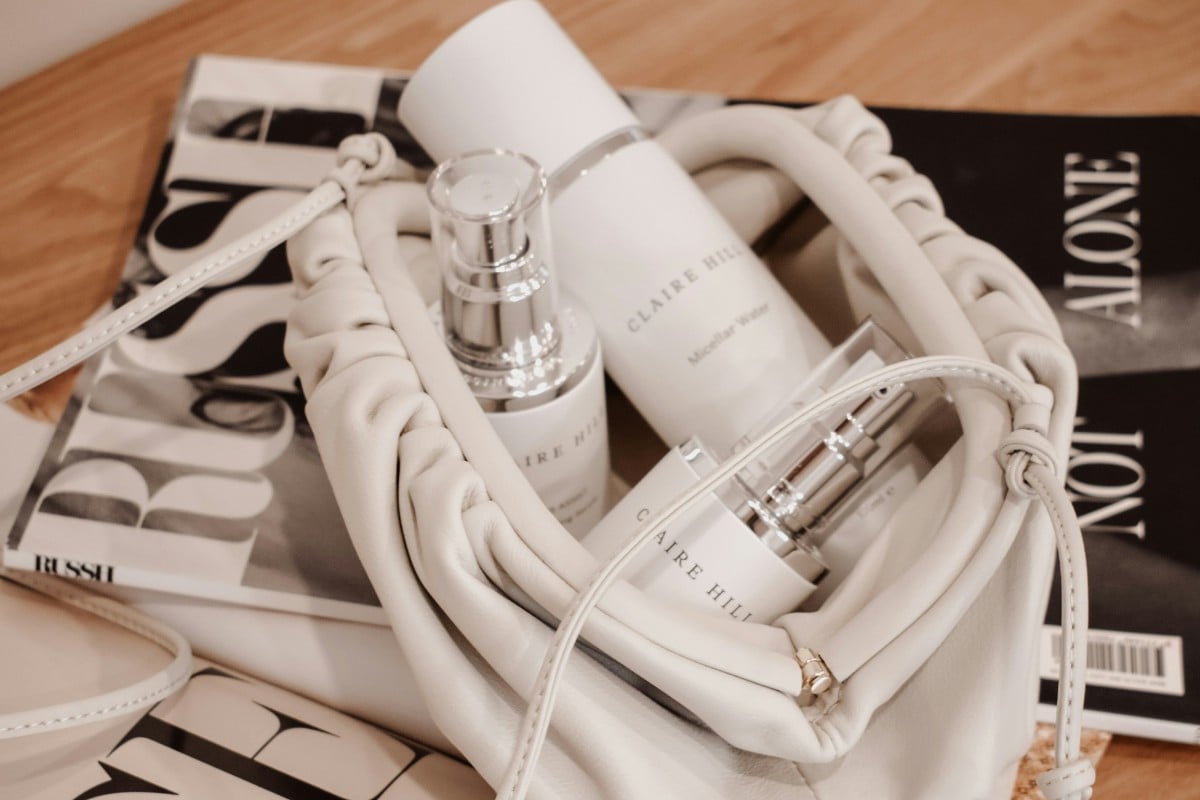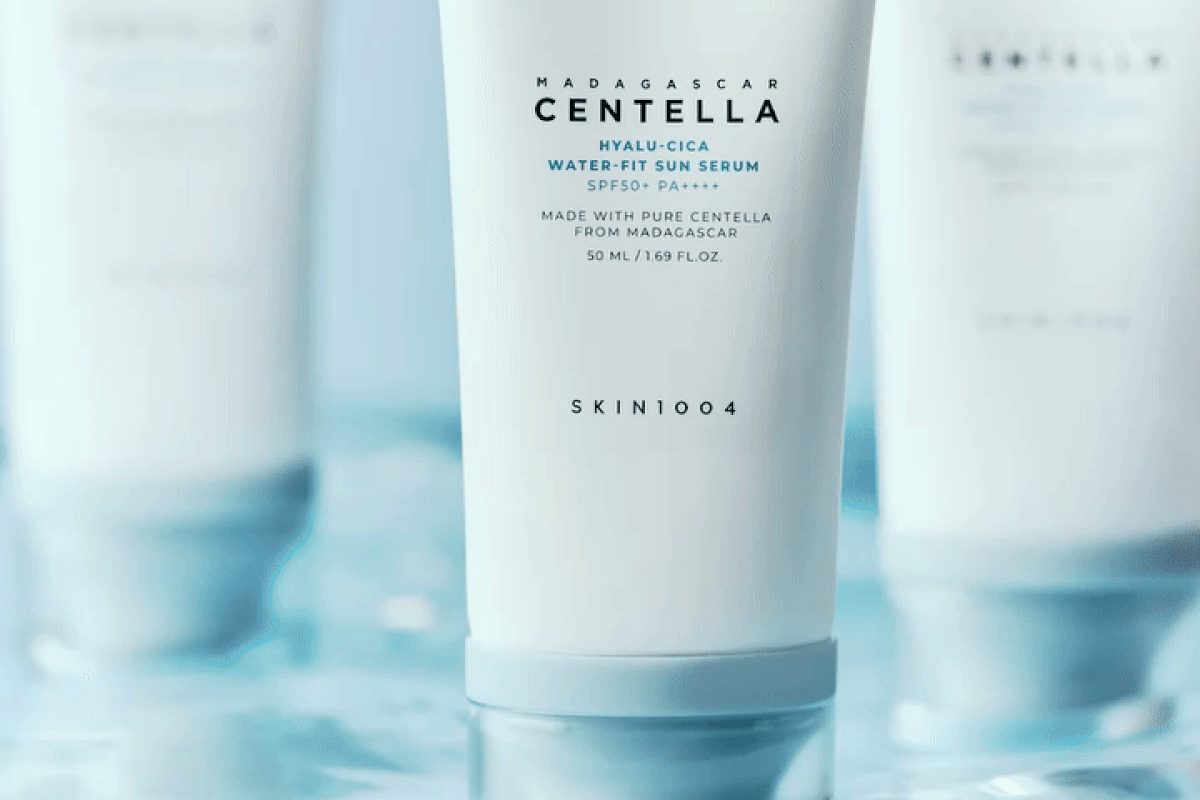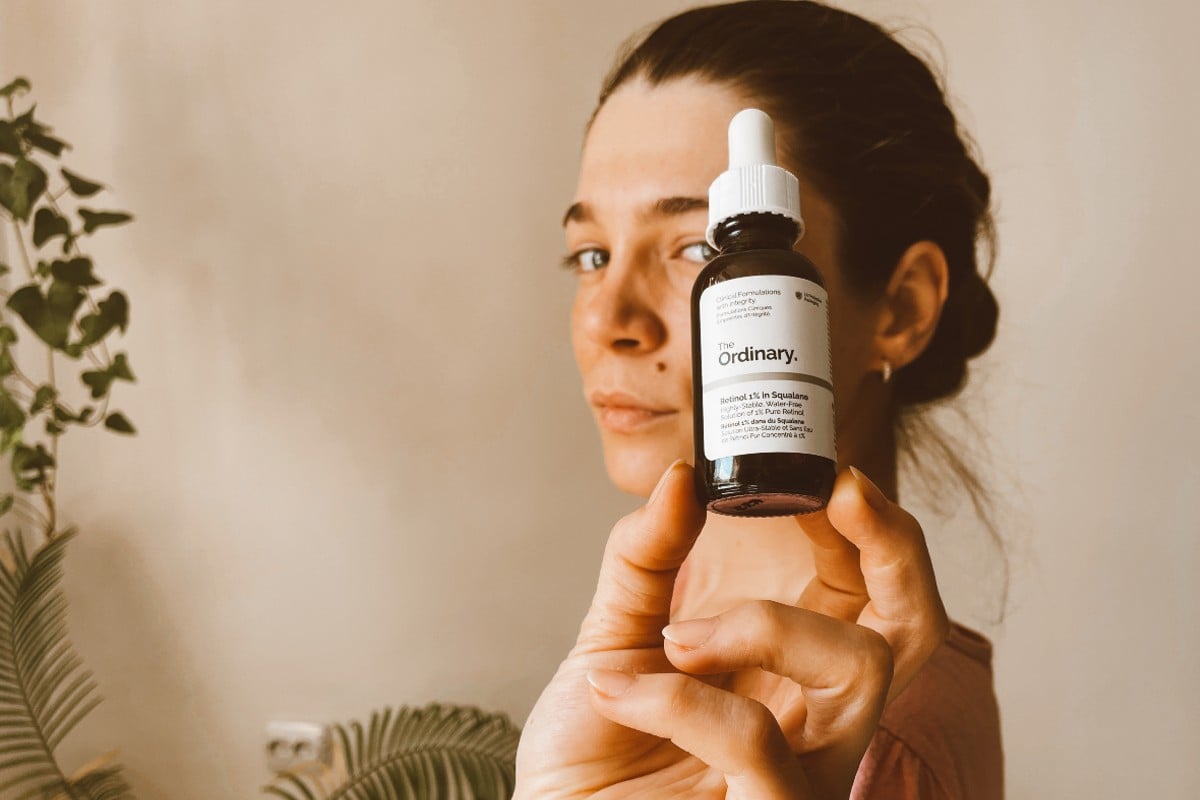Cleansing is the very first step of any skincare routine— be it minimalist or lengthy—and at the bare minimum should remove makeup and dissolve bacteria and impurities from the skin’s surface without stripping it. And the key to getting the most out of this essential step is to consider your type of skin when choosing your cleanser. Aside from that, you want your cleanser to be formulated without sodium lauryl sulfate, drying alcohol, or synthetic fragrances, as these may leave the skin stripped. The texture is also important when choosing a cleanser, and with endless formulas out there, from foamy to oil-based ones, creamy, gels, or balms, the quest to find that right product is always daunting.
Fret not, in this post, you’ll find all skin types and how to choose a cleanser based on each so that next time you know what you’re looking for when you purchase your face wash.
How to choose a cleanser for oily skin
Oily skin translates into excess sebum, clogged (and large) pores, and, blackheads. So, a suitable cleanser for oily skin should be potent enough to dissolve the excess oil yet gentle enough not to remove essential moisture and leave skin parched—which, ironically, may lead to more sebum. Also, it’s critical to skip formulas that include comedogenic ingredients, such as cetyl alcohol, lanolin, or coconut oil. Instead, look for a cleanser that boasts pore-clearing actives, such as glycolic acid and salicylic acid, and hydrating ones, like hyaluronic acid, glycerin, or squalane.
In terms of texture, you can pick a foaming face wash, as these can get deeper into the pores to remove gunk and oil. However, remember that foaming cleansers tend to dry the skin, so it’s important not to strip away too much moisture, either. When oily skin gets dehydrated, the sebaceous glands start to produce more oil in an attempt to make up for the loss. As such, consider a sulfate- and alcohol-free cleanser, as both can leave the skin parched. Charcoal cleansers are another go-to for oily skin because they help sop up sebum and remove toxins from the skin.[1]
Cleansers for oily skin:
- CeraVe Foaming Facial Cleanser
- Boscia Detoxifying Black Charcoal Cleanser
- First Aid Beauty Skin Rescue Deep Cleanser
How to choose a cleanser for acne-prone skin
Picking the right cleanser for breakout-prone skin can be tricky because it should clear in-depth makeup and impurities while not irritating or disrupting the skin’s pH. Opt for light textures, like gels, and avoid cleansers with fragrances, alcohol, or anything that may trigger reactions. Instead, focus on gentle formulas that purify while calm and reinforce the skin with niacinamide or ceramide. Another great compound in cleansers for acne-prone skin is salicylic acid—an oil-soluble beta-hydroxy acid that can penetrate the skin to unclog pores and dissolve dead cells and oil.
Furthermore, when your skin is prone to blemishes, it is most likely sensitive, so it’s important that the cleanser doesn’t strip away the necessary moisture but adds some hydration through ingredients like glycerin and sodium hyaluronate. A cleanser alone won’t eliminate acne, but it can support the rest of your skincare by removing all traces of dirt, balancing skin, and eliminating oil buildup and bacteria.
Cleansers for acne-prone skin:
- SkinCeuticals LHA Cleansing Gel
- Murad Acne Control Clarifying Cleanser
- Neutrogena Acne Proofing Daily Gel Cleanser
How to choose a cleanser for dry skin
Dry skin is susceptible to reactions, so a proper cleanser should be gentle and free of stripping actives, like SLSs, perfumes, or denat alcohol.[2] Consider a creamy, balm-like formula or cleansing oil for dry skin — these wash away makeup and gunk and help relieve the tightness sensation since they’re light and moisturizing. Additionally, ensure the formula includes humectants, like hyaluronic acid and vitamin B5, to pull water in the skin and occlusives, such as squalane and shea butter, to seal moisture.
Cleansers for dry skin:
- The Ordinary Squalane Cleanser
- Then I Met You Living Cleansing Balm
- Elemis Superfood AHA Glow Cleansing Butter
How to choose a cleanser for sensitive skin
Sensitive complexions will benefit most from a delicate cleanser that helps skin retain moisture and strengthen the barrier while washing away without leaving a trace. It’s important that your cleanser doesn’t strip the skin of its natural oils, nor dries it, so dodge formulas with fragrances, SLSs, and drying alcohols, as they can weaken the barrier and cause dryness and itchiness.[3] A mild gel, milk, or oil face wash performs wonders for reactive skin, and if it’s boasted with shea butter, squalane, aloe vera, and argan milk, you hit it big.
Cleansers for sensitive skin:
How to choose a cleanser for mature skin
Mature skin is all about moisture loss, fine lines, wrinkles, and dark spots. So, when choosing a cleanser for mature skin, it’s essential to spot moisture-trapping, resurfacing, and brightening agents, such as ceramides, retinol, glycolic acid, and vitamin C.[4] Also, go for mild cleansers, milk, gels, or oil-like textures that won’t dehydrate your skin but dissolve bacteria and debris gently as mature skin tends to be more susceptible to sensitivities.
Cleansers for mature skin:
- Pixi Skintreats Retinol Jasmine Cleanser
- Elemis Pro-Collagen Cleansing Balm
- Indie Lee Brightening Cleanser
Footnotes
Women’s Concepts uses reliable sources, including dermatologists’ insights, clinical trials, and scientific journals, to find accurate information and support all the facts shared in our articles. All statements and claims have clear and legit references. Read our editorial policy to learn more about our sources of information, our process of researching and fact-checking the content, and how our team strives to keep all articles updated, completed, and trustworthy.
- Kavya Kabra, Ismaeel Khan, Anamika Paul*, Maham Malik, Sanjni Mehrotra, Shipra Giri, Galgotias University, Preparation of Face Wash Using Activated Charcoal and Green Tea Extracts
- Mukhopadhyay P. Cleansers and their role in various dermatological disorders. Indian J Dermatol. 2011;56(1):2-6. doi:10.4103/0019-5154.77542
- Santa Cruz Biotechnology, Inc. 2145 Delaware Avenue, California 95060 Material Safety Data Sheet, Sodium Stearate
- Brooks J, Cowdell F, Ersser SJ, Gardiner ED. Skin cleansing and emolliating for older people: A quasi-experimental pilot study. Int J Older People Nurs. 2017 Sep;12(3). doi: 10.1111/opn.12145. Epub 2017 Jan 12. PMID: 28078772.


